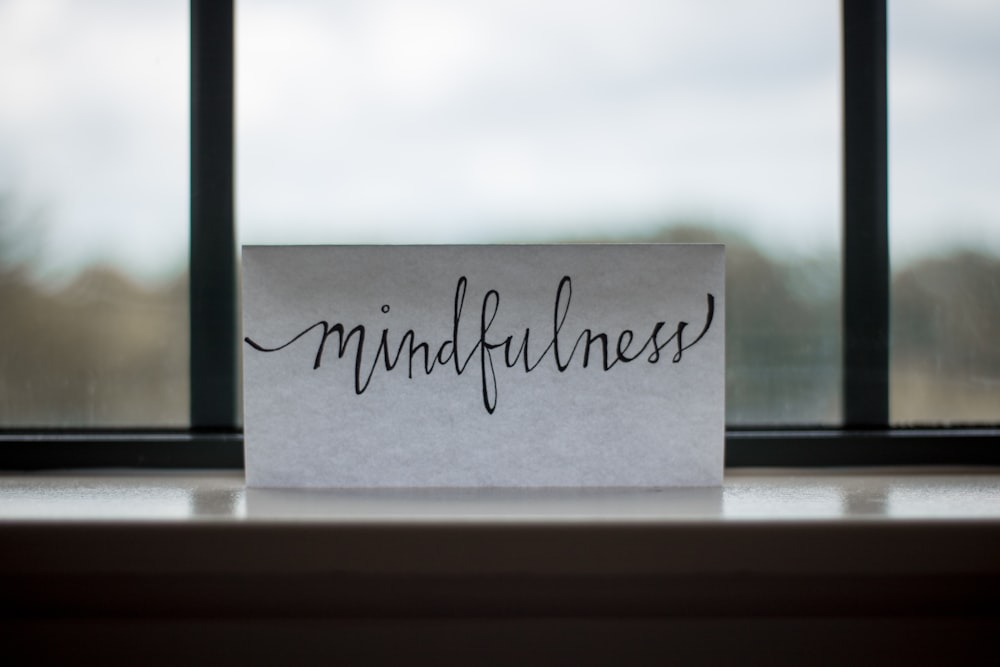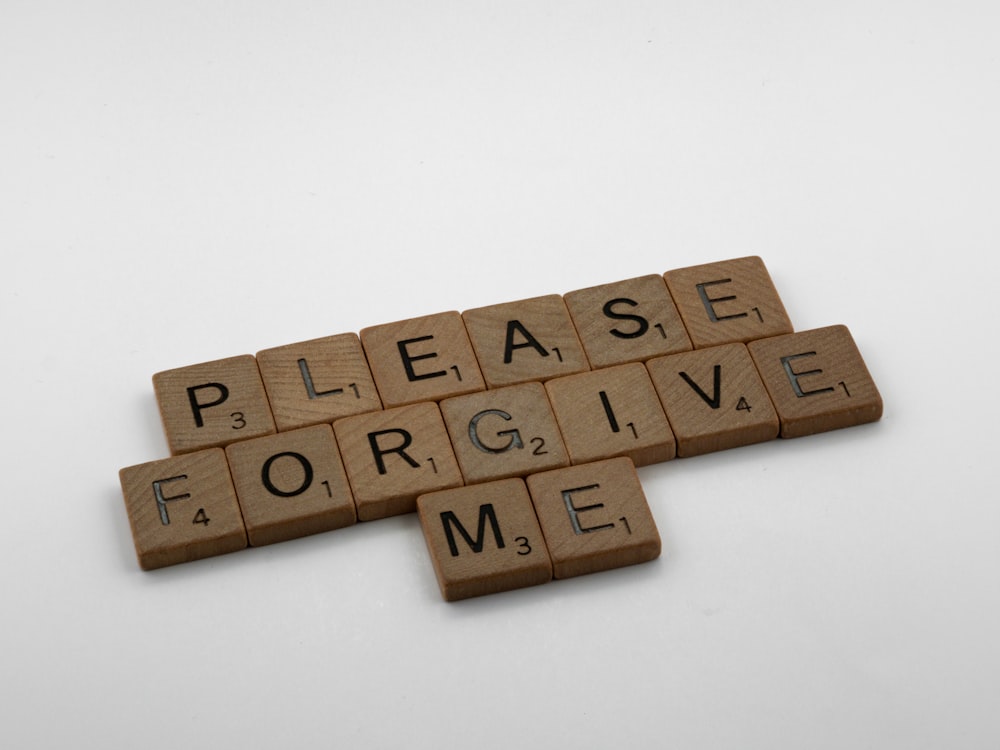Written by Elisabeth Gray
Type the word Empathy into Google Scholar, Wikipedia, any library search function, or scholarly works database and I’ve found that you can access enough information to spend the rest of your life studying the topic. Empathy, as well as compassion and connection, are heavily studied topics in today’s society and skills that are slipping away from a very disconnected and “plugged in” people. My purpose in writing this article is to help us all improve our ability to respond empathetically to those we associate with and in so doing increase satisfaction with our relationships.
So why is it important to have empathy, and not just sympathy for others?
In Brené Brown’s book, “The Gifts of Imperfection”, she illustrates beautifully how compassion and empathy work together to create connection and understanding. Brené shares an experience where she felt embarrassed and mortified in front of a crowd and how she then turned to her sister, Ashley, as a listening ear to share her feelings with. “Ashley was amazing. She listened and responded with total compassion. She had the courage to tap into her own struggles with worthiness so that she could genuinely connect to what I was experiencing. She said wonderfully honest and empathetic things like, “Oh man. That’s so hard. I’ve done that dance. I hate that feeling!…Ashley was willing to be in my darkness with me. She wasn’t there as my helper or to fix me; she was just with me – as an equal – holding my hand as I waded through my feelings.”
Where empathy creates and fuels connection, sympathy actually causes disconnection. Having sympathy for others rather than empathy automatically places them on a lower level than us. It drives us to try and “fix” the problem (or even the person!) rather than helping us meet them as an equal to share in an experience of feeling together.
We’ve shared this video before, but I think it is an excellent explanation of the differences between sympathy and empathy.
http://https://www.youtube.com/watch?v=1Evwgu369Jw
Pema Chodron (an American Tibetan Buddhist, ordained nun, acharya and disciple of Chögyam Trungpa) states beautifully, “Compassion becomes real when we recognize our shared humanity.” I feel that to really empathize best, we have to cast aside our pride and our desire to gain any advantage in the conversation and then be willing to put ourselves in a vulnerable place. A stumbling block for me when trying to respond empathetically has been the fear of feeling vulnerable and taking on someone else’s emotions. Maybe some of you reading this have the same fears. Take comfort in the fact that vulnerability and the possibility of rejection is scary for everyone, and the fact that someone is opening up to you most likely means that they trust you and are willing to offer you the same grace that you extend to them.
I like lists and I like knowing what the steps are to accomplishing things, so here are a few tools that might help you in connecting and empathizing with someone.
1. Appropriate Self-Disclosure
This is a tricky one because it can be helpful, but if used inappropriately can either lead to discomfort or betrayed trust (for example, if we offer more vulnerability and disclosure than a relationship is ready for), or it can turn into a “my car is bigger than your car” kind of thing. So here are a few guidelines:
-
Make sure it benefits the other person and not yourself
-
Avoid being a “thunder-stealer”
-
Make sure its relevant to the situation
-
Share your own experiences, not others
Photo by Marie-Michèle Bouchard on Unsplash
2. Active Listening
This is key to really any productive and successful conversation. Humans have a great desire to be heard and understood so learning to be a good listener will help you be a better spouse, friend, employee/employer, etc. Here are a few guidelines:
-
Ensure your body language shows you are listening – have a relaxed posture, put aside any distraction, maintain appropriate eye contact.
-
Respond at the right times. It’s okay to not have a response for everything. You can still be actively listening by stating, “Wow, I don’t know what to say. That has to be so hard.” Learn to be comfortable with silence – sometimes all that someone needs is solidarity.
3. Unconditional Acceptance
This means that judgments and your evaluation of their feelings are not offered. This is not the time to give suggestions or do a psychoanalysis. Those conversations can happen later, but to really create openness and understanding we just need to listen and validate. In order for someone to feel safe to share with you, it is important to establish a pattern of loving and accepting them unconditionally.

4. Take on their perspective and lay yours to the side
This is a good time to apply the old adage that to truly know someone we must walk a mile in their shoes. Know that this takes practice. It isn’t easy to set aside prejudices or assumptions that have sometimes been drilled into our subconscious since birth. It takes courage and conscious thought to step outside of our limited reality, and to try and see the world as someone else does.
Brené says it perfectly: “Empathy is a CHOICE.” It is up to us to choose whether or not we will allow ourselves to be vulnerable enough to truly connect and feel with others. The next time someone you love approaches you with a call for connection, take a chance on responding with empathy – it’ll only bring you closer.
References
Brown, B. C. (2010). The Gifts of Imperfection: Let Go of Who You Think You’re Supposed to Be and Embrace Who You Are. Center City, MN: Hazelden Publishing.
Riker, J. H. (2020). Empathy, compassion, and meditation: A vision for a Buddhist self psychology. Psychoanalytic Inquiry, 40(5), 327–339. https://doi-org.erl.lib.byu.edu/10.1080/07351690.2020.1766323
Sinclair, S., Beamer, K., Hack, T. F., McClement, S., Raffin Bouchal, S., Chochinov, H. M., & Hagen, N. A. (2017). Sympathy, empathy, and compassion: A grounded theory study of palliative care patients’ understandings, experiences, and preferences. Palliative Medicine, 31(5), 437–447. https://doi-org.erl.lib.byu.edu/10.1177/0269216316663499
Soto-Rubio, A., & Sinclair, S. (2018). In defense of sympathy, in consideration of empathy, and in praise of compassion: A history of the present. Journal of Pain and Symptom Management, 55(5), 1428–1434. https://doi-org.erl.lib.byu.edu/10.1016/j.jpainsymman.2017.12.478
Wieck, C., Kunzmann, U., & Scheibe, S. (2021). Empathy at work: The role of age and emotional job demands. Psychology and Aging, 36(1), 36–48. https://doi-org.erl.lib.byu.edu/10.1037/pag0000469
























